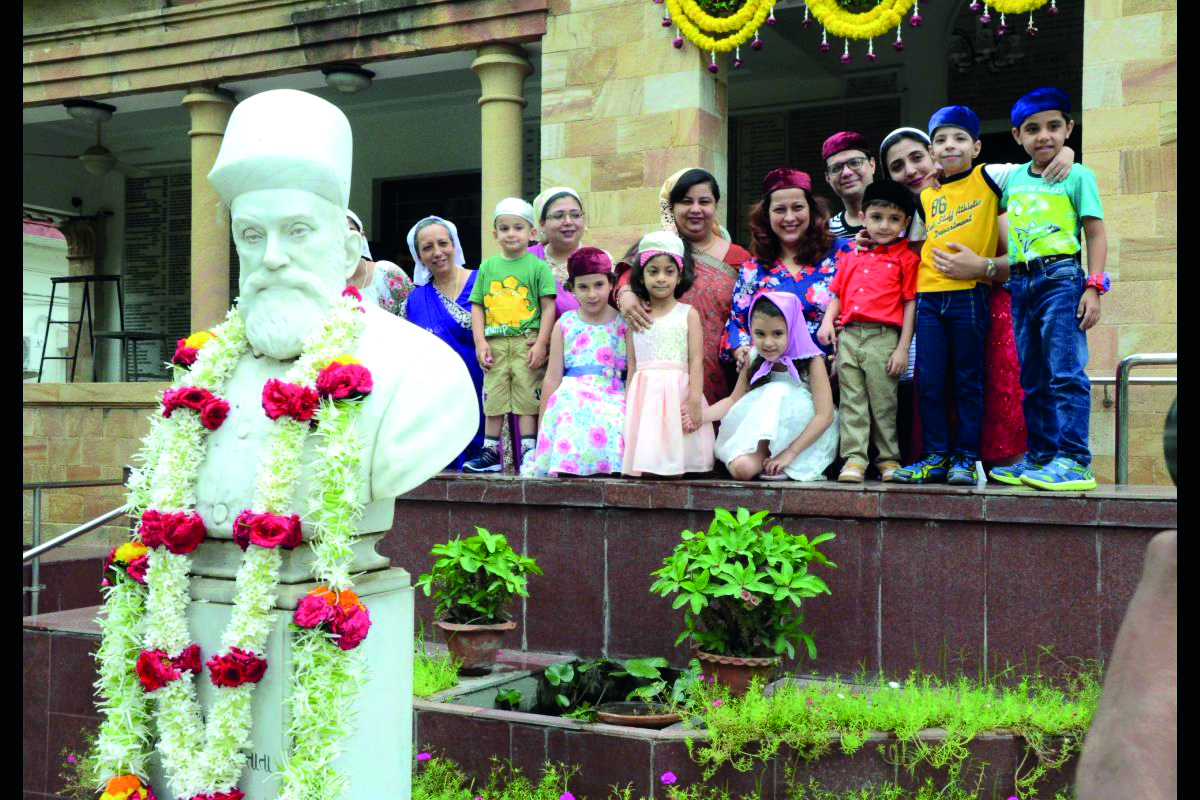As per a recent article published on LIVE SCIENCE, by research journalist Kristina Killgrove, the Parsi community ranked as one of the world’s most genetically isolated human populations. Over the last fifty-thousand years, ‘Genetic Isolation’ has become a common phenomenon, resulting out of geographical barriers and/or insular cultural or religious practices, which prevent people from intermingling with neighbours.
The genetic diversity in a given population gets reduced, in what is known as a ‘Founder Event’, when a small group of people splits off from a larger population, leading to a smaller gene pool in the isolated group. In a study of 460 populations worldwide, roughly half showed evidence of a recent founder event, as per conclusive research in 2022. The research studied some of the most genetically isolated groups of modern humans and their unique abilities and the diseases that affect some groups more than others.
The Parsis were categorized as a community of Zoroastrians who migrated to India from Persia in the seventh century. The traditional Parsis’ disapproval of marriage outside of their religion was considered the cause leading to this group’s genetic isolation. Geneticists are particularly interested in the longevity of Parsis, who have gene variants correlated with living well into their 90s, despite the higher-than-average rate of breast cancer in women. A 2021 study (published in Meta Gene) concluded that the Parsi practice of endogamy (marrying within their group) was likely the reason for these particular traits.
Some of the other groups ranking amongst the world’s most genetically isolated human populations included Anabaptists, Sherpas, Papua New Guineans, Nunavik Inuit and Finns
- ઝેડએસી કોંગ્રેસમેન લૂ કોરિયાનું આયોજન કરી સાયરસ ધ ગ્રેટને શ્રદ્ધાંજલિ આપી - 15 February2025
- ડીએઆઈની એમ એફ કામા અથોરનાન ઈન્સ્ટીટયુટની સફર - 15 February2025
- WZCC Toronto Conclave 2025: The Other Side of Business - 15 February2025
